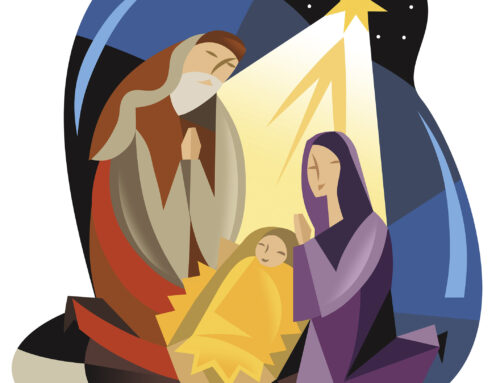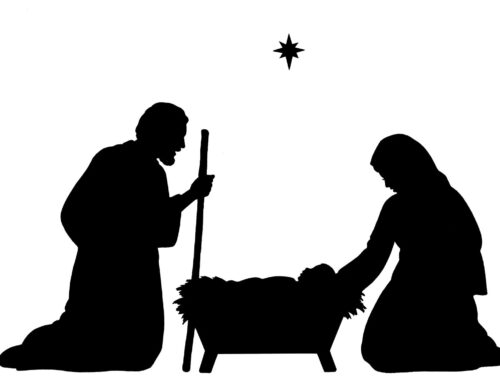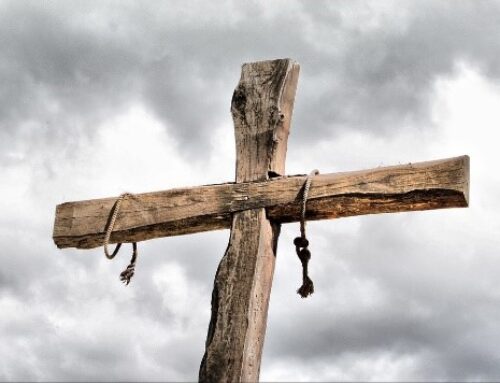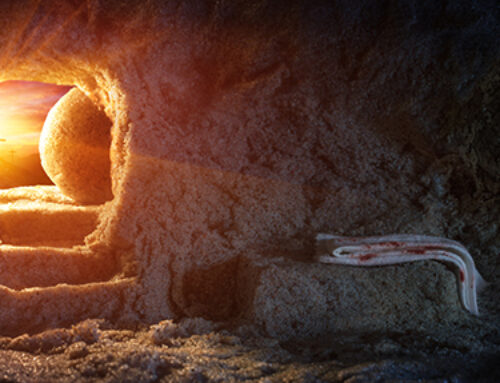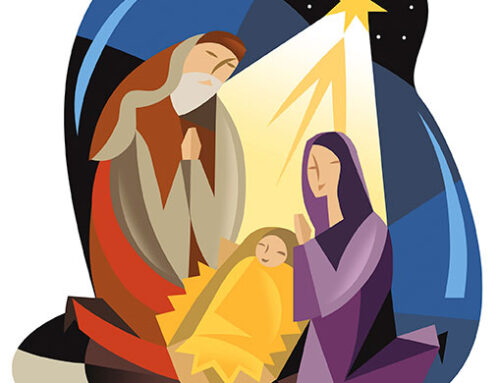Here is the link to:

There was a time of great stress and change for Israel more than 1,000 years before Christ. King Saul had died, and David ruled over the tribe of Judah from Hebron for seven and a half years. Then the other tribes decided to reunite the kingdom. During this time of transition for David and his followers, he took stock of their resources, and the men from two tribes stood particularly tall.
We read in 1 Chronicles 12:23-32, verse 23: “These are the numbers of the men armed for battle who came to David at Hebron to turn Saul’s kingdom over to him, as the LORD had said: from Judah, carrying shield and spear—6,800 armed for battle.”
Let’s skip down to verse 32 where it says: “from Issachar, men who understood the times and knew what Israel should do—200 chiefs, with all their relatives under their command.” —NIV
Today is a time of significant change for the church in North America as we consider how we will reach people. We especially need the strength of two of the twelve Israelite tribes: Judah and Issachar.
Judah
Jacob lived about 1,700 years before Christ. He had two wives, Rachel, and Leah, who, along with their servants, bore him 12 sons, each of whom became a father of the 12 tribes of the nation of Israel.
Leah named her fourth son Judah, which means praise—in keeping with the Hebrew tradition of naming children according to their destiny. Leah declared in Genesis 29:35, “This time I will praise the LORD.” Jacob did not love Leah as he loved her sister, Rachel; yet Leah praised the Lord on this occasion because He had given her a fourth son. So, this son was known as “praise.” And God took a liking to the name! He showed special favour to Judah, for it was from the tribe of Judah that the Messiah was born. The Bible refers to the tribe of Judah (known as the “praisers”) more than any of the other tribes.
Judah was to set out first when the Israelites were to break camp and lead the way to the Promised Land. The people who praised, led the Israelite army to conquer the land promised to them by the Lord. The Bible explains that our struggle is not against flesh and blood, but against the powers of darkness (Ephesians 6:12). The success of God’s people against the enemy is still directly related to our decision to praise.
David was of the tribe of Judah and ruled over this tribe for seven and a half years after the death of King Saul before he led all 12 tribes of Israel. The praisers are still the ones who readily accept the new things that God is doing.
He who wants milk should not sit on a stool in the middle of the pasture expecting the cow to back up to him. How thirsty are you for God? Go after Him and seek Him!
You and I need to learn how to praise more fully. Our lives and our gatherings should exude enthusiasm for our God. He has so much more for us! God’s power is flowing like a river in our world today—available for anyone to enjoy who thirsts after Him. We have just stuck our big toes in the river.
Issachar
What did it mean in 1 Chronicles 12:32 for the men of Issachar to know what Israel should do?
The men of Issachar recognized the transition of power from King Saul to King David. This transition was a significant change in both spiritual and practical matters. The expected successor to Saul would have been one of his sons. Consequently, the nation of Israel made Ish-Bosheth their king. However, the times required people who thought outside the lines of tradition and human expectations to be open to God’s leading.
In what ways do we want to be like the men of Issachar?
We must understand what God is doing in our world, nation and communities. People on the cutting edge of what He is doing must first know the answers to these questions.
We can easily confuse our personal preferences with convictions. As God stretches our tastes to meet the needs of a changing world, we would do well to live by Thomas Jefferson’s advice: “In matters of style, swim with the current; in matters of principle, stand like a rock.”
We need to know what God wants to do in people’s lives to explain it in clear and understandable ways to others.
The Lord calls us to know Him and to make Him known. He reveals Himself to those who praise Him. We need to seek Him and study His Word with all our hearts and minds. We must also study the world and the people around us. With the Lord’s help, we can bridge the gap of ignorance and misunderstanding to introduce people to the One true God.
What good will our relationship with the Lord do for others if we do not bridge the gap by connecting with those we are trying to reach? Lord, help us to understand the times in which we live.
We especially need the strengths of Judah and Issachar. We need to know our God and those we are trying to reach.

Allan Pole
CESLM President
al@eslcooperative.ca



